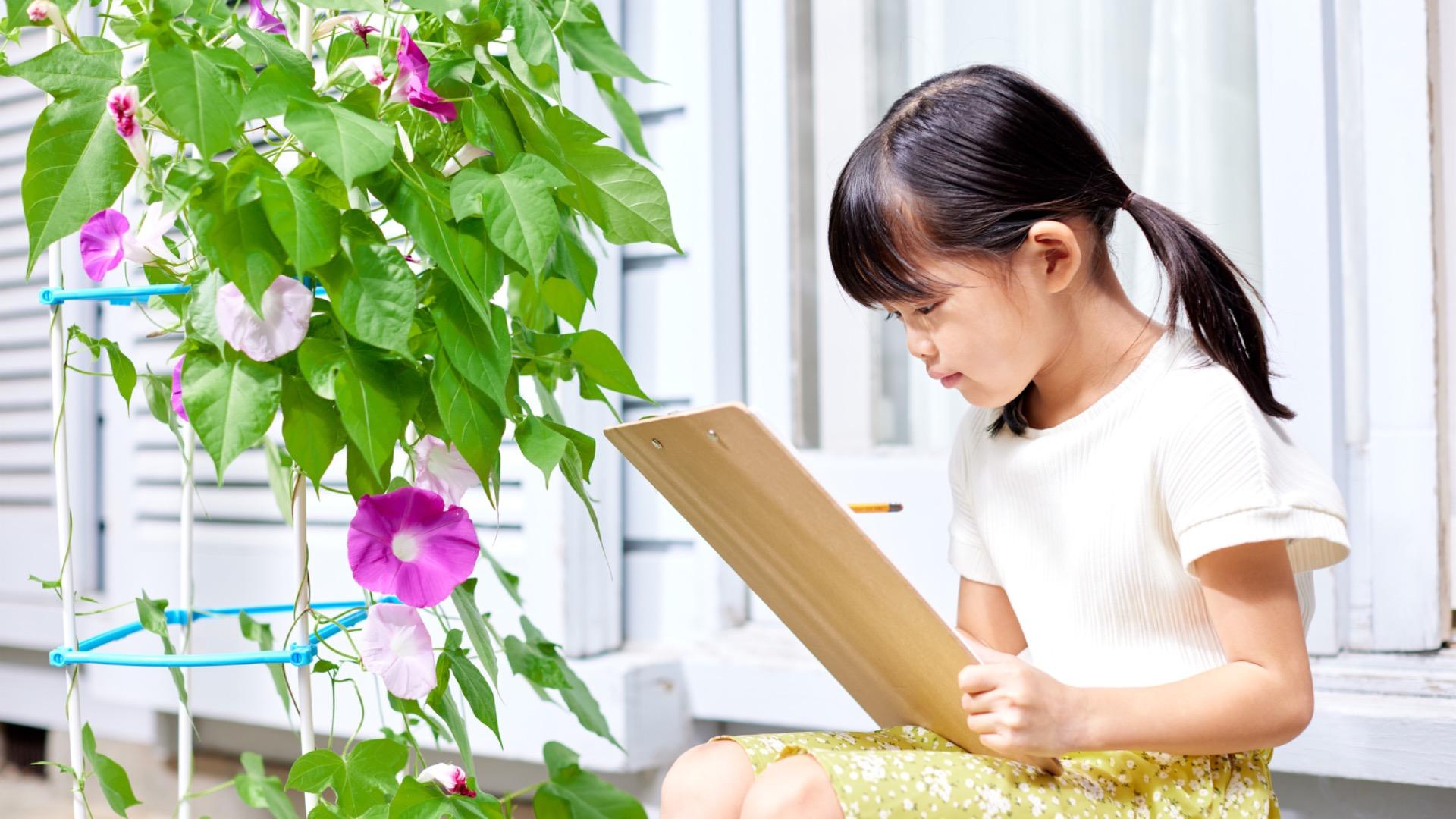The summer vacation in Japan has become a center of attention as more schools are eliminating homework assignments. The news spotlights varied opinions among parents, reflecting a division between those who welcome the change and others apprehensive about its impact on students' learning progress. It is a growing trend among Japanese school administrations as they seek to balance academic rigor with children's need for rest and leisure time – a discussion that extends beyond schools' boundaries and involves the whole society.
In Japan, education is highly valued and renowned for its high standards. The removal of homework during summer vacation is seen as a significant shift from traditional practices. Some parents appreciate the move as a way to reduce pressure on their children and promote a balanced lifestyle. However, others worry it could negatively affect their academic abilities. The topic has sparked national conversations about the importance of leisure time and overall child wellbeing.
In contrast, schools in the West, particularly in the US and the EU, often follow a more relaxed approach to summer homework. It's not uncommon for students to receive minimal or no assignments over the break. This difference mirrors broader discrepancies in pedagogical attitudes and reflects the ongoing debate over the optimal amount of homework that best benefits students.

